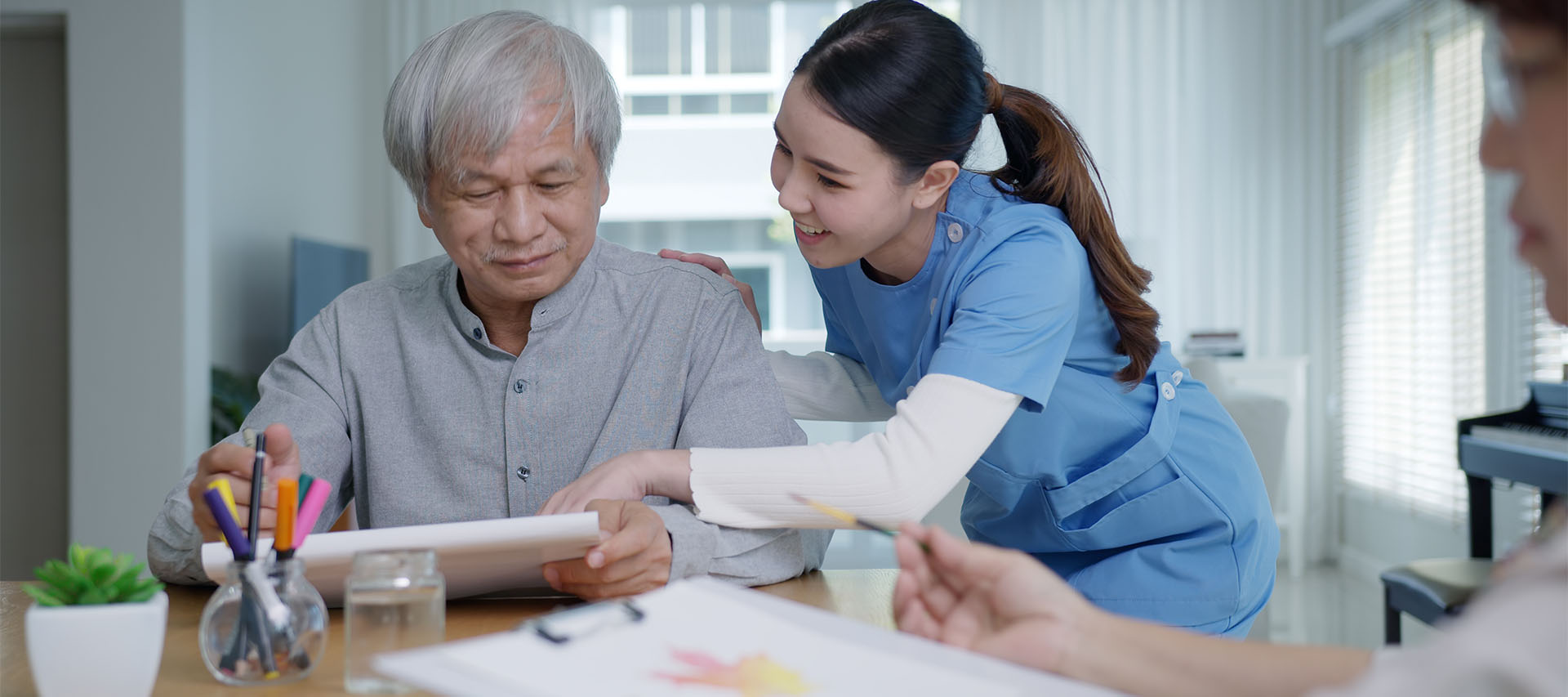
24
AprThe Importance of Monitoring Care Quality
Monitoring the quality of care your loved one receives is essential to ensure their well-being and satisfaction. Here are some key points to consider:
1. Regular Check-InsRegularly checking in with both your loved one and their caregivers helps ensure that the care provided meets your expectations. These check-ins can be scheduled or spontaneous, providing a comprehensive view of the care situation.
2. Observing InteractionsPay close attention to the interactions between your loved one and their caregivers. Positive, respectful, and compassionate interactions are indicators of good care. Observing these interactions can help you assess the caregiver’s approach and attitude.
3. Listening to FeedbackEncourage your loved one to share their experiences and feelings about the care they are receiving. Their feedback is invaluable in understanding the quality of care and identifying any areas that may need improvement. Similarly, listen to feedback from caregivers to understand any challenges they might be facing.
4. Addressing Concerns PromptlyIf any concerns or issues arise, address them promptly and respectfully. Open communication and timely resolution of problems are crucial for maintaining high-quality care. This approach helps in building a collaborative and supportive environment for both the caregiver and the care recipient.
5. Ensuring ConsistencyConsistency in care is vital for the well-being of your loved one. Regular monitoring helps ensure that the care plan is being followed consistently and that any deviations are corrected quickly.
By actively monitoring the quality of care, you can ensure that your loved one receives the best possible support, tailored to their needs and preferences. This proactive approach not only enhances the care experience but also builds trust and confidence among all parties involved.